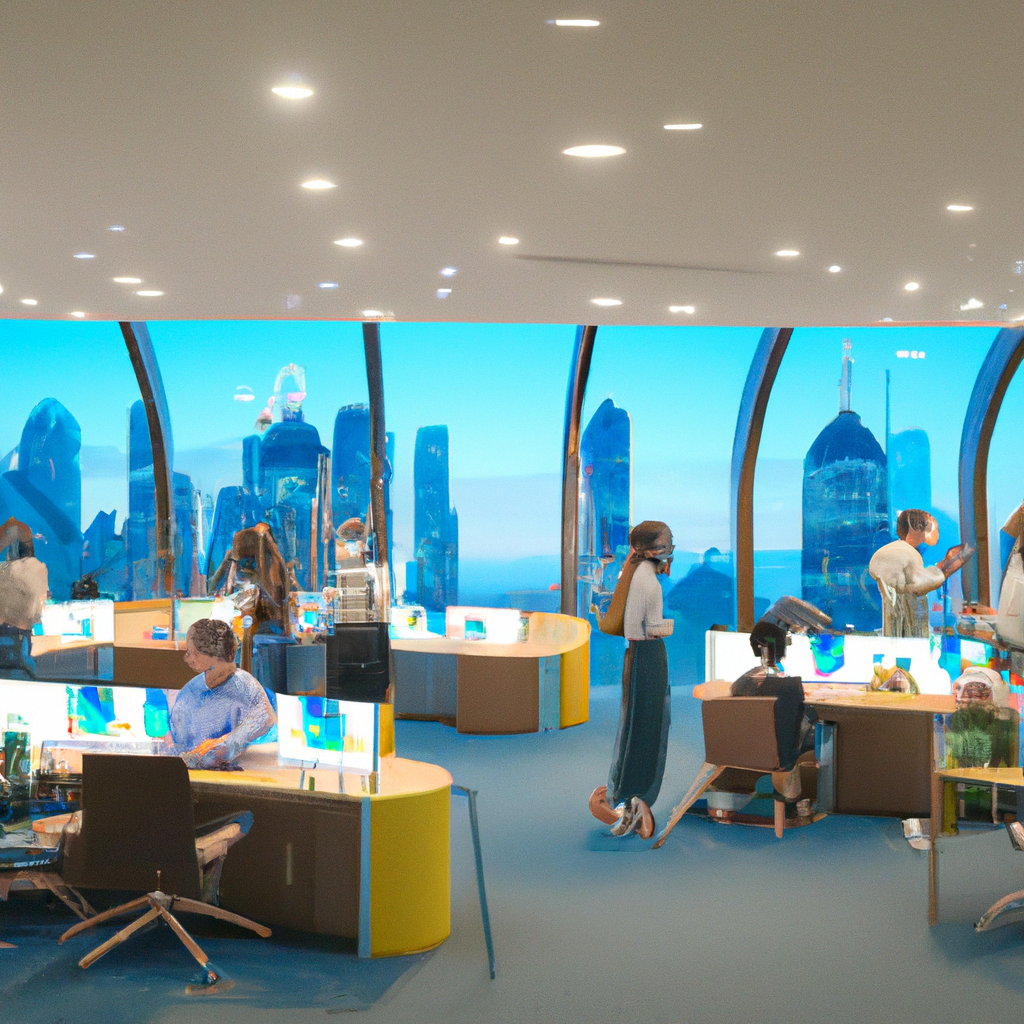Navigating the Future of Work: Strategies for Success in 2025
As we move deeper into the decade, the landscape of work continues to evolve at an unprecedented pace. With the advent of new technologies and shifting global economic dynamics, professionals and organizations must adapt swiftly to remain competitive. This blog post explores key trends and strategies that are shaping the future of work in 2025.
Remote Work and Digital Nomadism
Remote work has transitioned from a temporary solution to a permanent fixture in many sectors. Organizations are now leveraging global talent pools, emphasizing the importance of digital communication tools and flexible work policies. Digital nomadism has also risen, with more professionals choosing to work from different parts of the world, thus prompting a reevaluation of work-life balance standards.
Artificial Intelligence and Automation
AI and automation continue to reshape industries by streamlining operations and enhancing productivity. However, this also raises critical questions about job displacement and skills obsolescence. In response, there’s a growing emphasis on reskilling and upskilling programs, helping workers stay relevant in an increasingly automated world.
Collaborative Technologies
Collaborative technologies have become central to the modern workplace. Tools that facilitate seamless communication and collaboration across borders are in high demand. These technologies are not just tools for efficiency but are becoming integral to fostering an inclusive and connected workplace culture.
Sustainability and Corporate Responsibility
As environmental concerns become more pressing, businesses are expected to lead in sustainability. This shift is influencing corporate policies and the creation of green jobs, aligning economic activities with ecological sustainability.
Mental Health and Wellbeing
The focus on mental health has intensified, with companies implementing more comprehensive strategies to support employee wellbeing. This holistic approach is seen as essential for enhancing productivity and retaining talent.
Conclusion
As we look towards the future, adaptability, technological proficiency, and a commitment to sustainability and wellbeing are set to define the competitive edge for individuals and organizations. Embracing these changes is crucial for anyone looking to thrive in the evolving world of work.






